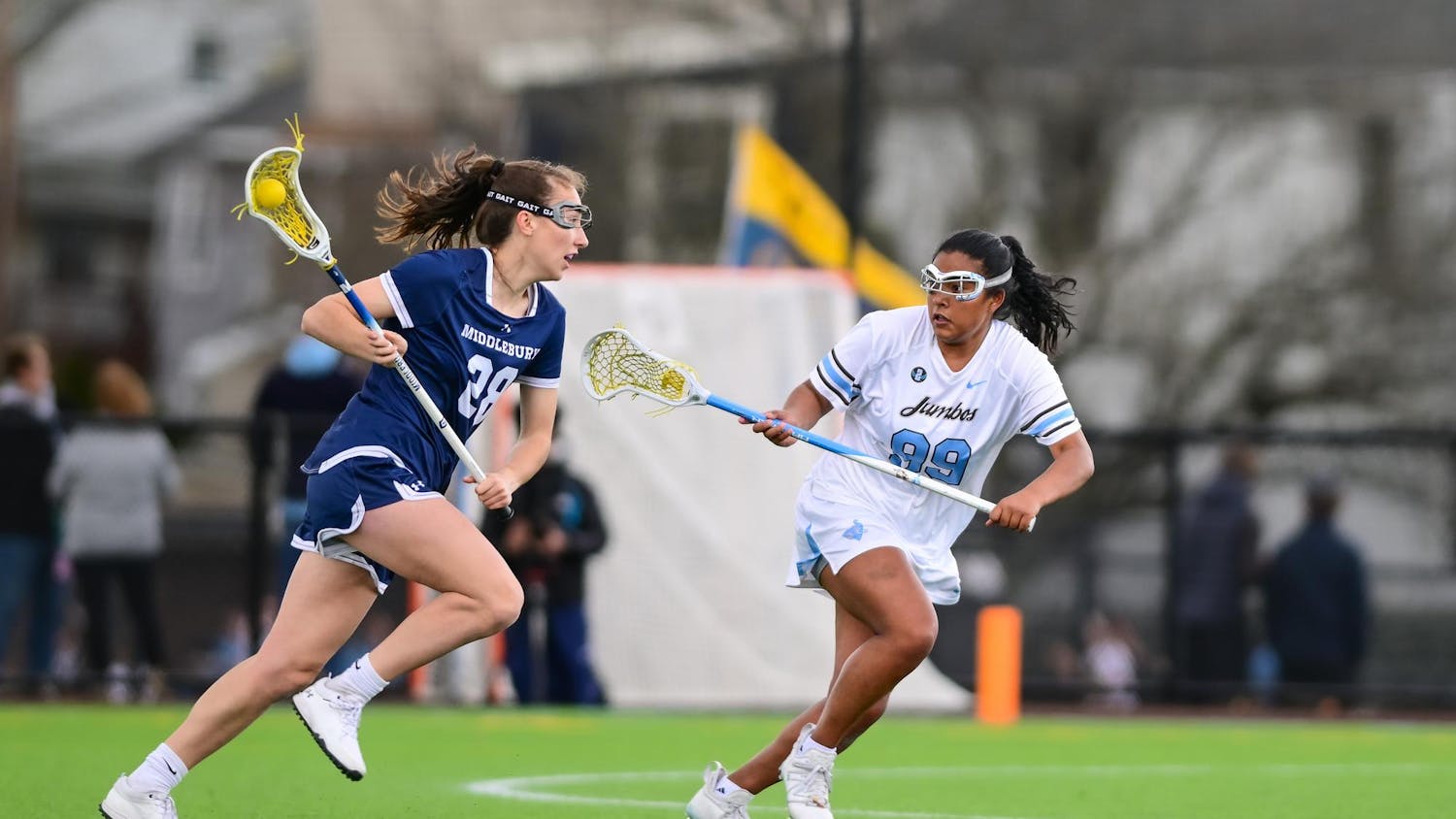The use of technology in sports is nothing new, and neither is the controversy surrounding it. Instant replay in baseball, for instance, has been as hotly debated as anything else in sports of late. The inadequacy of referees in the 2010 FIFA World Cup sparked more than a few calls for the use of technological assistance, at least for goal-scoring decisions. In cycling, the great technology debate is about the use of race radios.
Race radios have been used since the mid-'90s for cyclists to communicate with their directors, who drive in the caravan of cars following behind the peloton. The idea is that directors can alert their riders to approaching features, as well as impending dangers, in the course. More significantly, though, directors use these lines of two-way communication much as an NFL coach does with his quarterback, orchestrating the actions of his riders, commanding them to attack or to drop back to help the team leader.
The safety advantages of radios are unquestionable, but the International Cycling Union (UCI) and other anti-radio advocates complain that their use has made racing formulaic. Race directors, with route maps and knowledge of where other cyclists are on the course, can conduct a race with often mind-numbingly predictable precision. Of course, desperate attempts at day-long breakaways do still succeed, but much of the drama that was once common in cycling has become more of a rare treat today, saved only for the high mountains and the major classics.
The UCI has called for a ban on race radios. It already tested the ban last year, and this season has tried to impose it more fully. The riders, for their part, are almost entirely opposed to the ban. At February's Trofeo Palma de Mallorca, the International Association of Professional Cycling — the teams' collective representative body — staged a mass protest against the radio ban. The International Association of Professional Cycling Teams (AIGCP) had planned a similar protest at the Omloop Het Nieuwsblad race in Belgium on Feb. 26, which was stymied by the UCI's threat to cancel the race entirely if the organization did not back down — which it did.
Now, the riders and the UCI seem to be at an impasse. At its first annual meeting last Friday, the AIGCP declared that it would take "drastic action" if the UCI does not repeal the ban by May 1.
The AIGCP released the following statement at the meeting: "This rule was not discussed nor voted on by the PCC (Professional Cycling Council). ... The decision was made unilaterally by the management committee of the UCI, which does not contain any representative of the teams, the riders, nor the race organizers. Therefore: All the teams unanimously denounce the UCI for introducing this legislation without any representation from any team."
Among the concerns voiced by the riders are that their own safety during races is at risk. Radios, according to them, play a significant role in alerting them to impending dangers like poor road conditions, dangerous descents and crashes.
"I think we should be allowed to use radio communications for safety reasons," world champion Thor Hushovd told the Norwegian cycling website procycling.no. "The UCI's ruling comes from some old men who sit and discuss their way to do things. I don't know why, but it's probably because of age.
"It is just stupid," Hushovd continued. "Should one say to the Formula 1 drivers that they should stop using radio communications too? This is 2011."
Both sides have legitimate concerns. The UCI seemingly cares only about adding more drama and excitement to its events by reducing the role that team directors have in the race. A good analogy to this move is the NHL's recent rule changes, which include reducing the size of goalies' pads, to increase scoring.
An argument can be made that the riders, though, are no less in the right. German cycling veteran Jens Voigt, who is often considered the unofficial voice of the peloton, recently wrote the following in a letter to the UCI regarding race radios.
"Try to put yourself into the position of any sports director that knows there is a car riding towards the bunch," he wrote. "He's not allowed to drive to his riders and warn them. All he can do is sit and wait. And maybe think about what he can tell the parents of one of his riders if he got hit by the car."
Sadly, the type of incident that Voigt cites as a cause for race radios is not just hypothetical. Such disasters have happened before. Ultimately, though the UCI's concern over the formulaic outcome of events is real, it is one that can be addressed without jeopardizing the safety of the racers. Here again, Voigt seems to be the voice of reason.
"If you're interested in more dramatic cycling, I got some ideas: drop the silly, long stages, don't let us suffer three or four days in the high mountains and don't give us a week of boring, super long, flat stages," he wrote. "Why not consider some circuit stages: the fans will see us more often, it's easier and cheaper for the TV crews and it's safe to ride without radios."
Whether Voigt's voice will be heard by the UCI — and whether cyclists will continue to hear the voices of their directors — remains to be seen.





